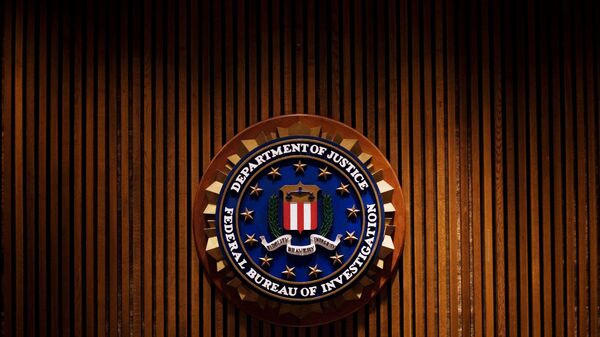Radio Sputnik’s Loud and Clear spoke with Tim Karr, senior director of strategy at the FreePress advocacy organization, about the investigation’s press freedom implications.
Referencing a recent article on the investigations by McClatchy, Karr said, "Any time the federal government goes after a news organization, it sends up several First Amendment flares. Even if, as the story indicated, there may be no criminal charges involved, it does have a chilling effect. Not only for the news organizations that were named but for any news organization out there that wants to cover this issue."
He noted that there is historical precedent for the US to scrutinize the media, going back before Richard Nixon’s Watergate scandal.
"The odd thing here is that this is an investigation which seems to go against the Trump administration," he pointed out, "What we really are concerned about is whether this is indeed an effort to intimidate free speech and to silence dissenting voices in the media. That crosses very clear First Amendment lines."
Loud and Clear host Brian Becker pointed out how Donald Trump, already a well-known public figure, was given great exposure by the 24/7 coverage of profit-obsessed news organizations during the presidential election, even by outlets that are now critical of him.
Becker recalled the New York Times' role in trumpeting the false narrative around weapons of mass destruction leading up to the US invasion of Iraq in 2003, systematically erasing anti-war voices. He suggested that, likewise, mainstream media is now joining a "witch hunt for Russia" stoked by neoconservatives in both the Democrat and Republican parties.
Karr said it’s "unclear" whether a witch hunt is taking place, suggesting that in the current media landscape, "it’s incumbent upon [citizens] to vet fact from fiction, and that not only means doubting what you might see on more conspiratorial sites like InfoWars, but also questioning what [mainstream outlets] are doing, how they’re reporting, checking other sources, finding sources that you can trust and rely upon [and] checking on multiple angles of every story before forwarding that story to your friends on Facebook or Twitter or other forms of social media."
He acknowledged that, "That may sound rather optimistic or hopeful given the current times, but it seems like that is the reality of news consumption today, that we need to be much more media literate as news consumers."
Becker agreed, saying, "I think that’s one of the reasons people are so hungry for alternative media sites from the left or right. I think that accounts for a lot what is going on in social media because people are cynical about the mainstream media."
He added, "We must really be able to independently and skeptically look at what we read in the media and base it on facts rather than being drawn into a hysteria or being afraid to look at media sites because they’re now under FBI query."




